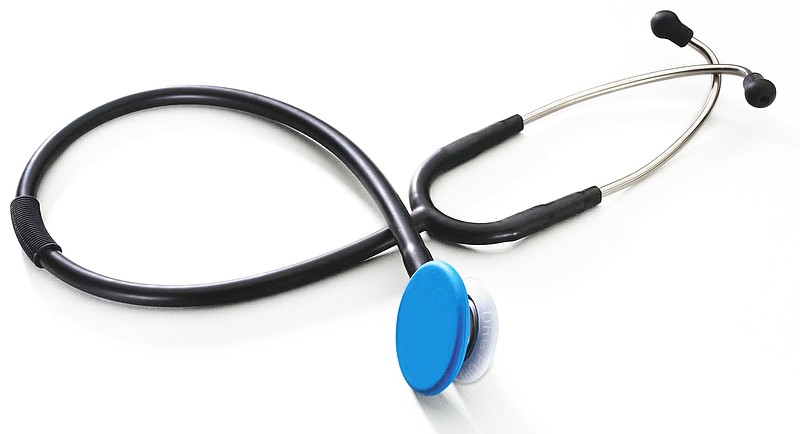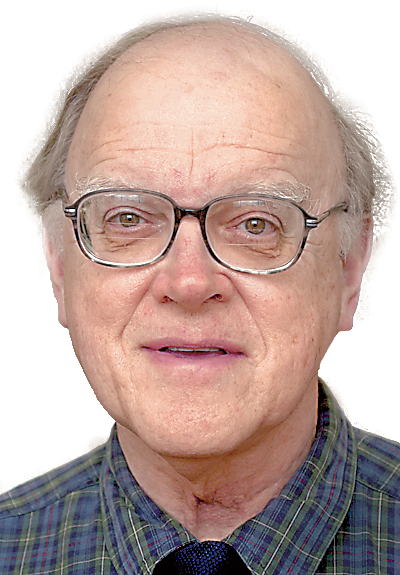A survey of websites of candidates for Tennessee governor show few specifics regarding health care. With one exception, candidates speak in general terms about improving services but without proposals for financing these changes. Seven questions need answers.
1. Is access to health care a right or a privilege? For decades, this question has been at the heart of the debate over government engagement in health care. If you believe health care is a privilege, you may skip the remaining questions.
If health care is a privilege or simply a commodity, then it is subject to the economics of supply and demand. Health-related businesses would simply adhere to the regulations of the Securities and Exchange Commission, which do not involve health.
2. Do you favor expansion of TennCare? If not, how do you propose caring for the residents who have no health insurance? In 2016, almost 600,000 residents - 9 percent - lacked coverage. Texas had the highest rate of uninsured residents - 16.6 percent, Massachusetts the lowest at 2.4 percent.
Uninsured persons have limited to no access to recommended, preventive screenings. They lack mammograms, colonoscopies, scans for lung cancer among cigarette smokers, screening for sexually transmitted diseases. They are unlikely to receive recommended vaccinations for influenza, pneumonia, hepatitis and other communicable diseases. If there are no free clinics in their communities, their only recourse for care may be a hospital emergency room, which is the most expensive option.
Dental care for TennCare recipients and uninsured persons is sorely lacking. Too many children undergo whole-mouth extractions for untreated decay.
3. How would you improve health-care manpower and facilities in poor counties? One candidate proposes shortening the length of training for physicians, a dubious proposal in a time of exploding knowledge. Some rural hospitals face closure if their finances do not improve. How can they be stabilized? What role do you see for telemedicine and mobile clinics for underserved areas? Would enhanced services by county health departments or school-based clinics provide solutions?
4. Is there a role for the state in addressing rising costs of prescription drugs? Sharp increases in prices for old and new drugs place severe strains on budgets. For example, the cost of insulin has tripled in the past decade. Co-payments for many cancer chemotherapies may exceed hundreds of dollars monthly. Could the state facilitate importation of less expensive drugs from Canada?
5. How do you propose addressing illicit use of opioids, methamphetamine and cocaine? Incarceration is a poor option. Mental health programs, which are vital for long-term care for addicted persons, are lacking in many counties.
Surprisingly, non-elderly persons on Medicaid are twice as likely to receive treatment for opioid addiction than persons who are either privately insured or have no insurance.
6. What is the role of state government in addressing high rates of childhood obesity? An increasing incidence of adult-onset diabetes, high blood pressure, heart disease and stroke flows from our epidemic of obesity. Can state government promote healthier diets and increased recreational exercise? Or is this meddling in personal matters?
7. What is the role of state government in addressing gun-related violence and accidents involving firearms? In 2016, the U.S. death rate from firearms was 11.8 per 100,000 residents. The rate for Tennessee was 17.1, Alabama 21.5 and Georgia 15. For Massachusetts the rate was 3.4, Connecticut 4.6 and New York 4.4. Statistics include accidents, suicides and murders. States with lower gun-related death rates must have initiatives that we could copy.
On matters of health, candidates for governor, as well as the General Assembly, owe us details instead of slogans and vague generalities. Improving health care for our state will not be cheap. There are no quick fixes. Sustained investment will pay off in longer, more productive lives, a healthier workforce and the renewal of hope in depressed communities.
Clif Cleaveland, M.D., is a retired internist and former president of the American College of Physicians. Email him at ccleaveland@timesfreepress.com.

